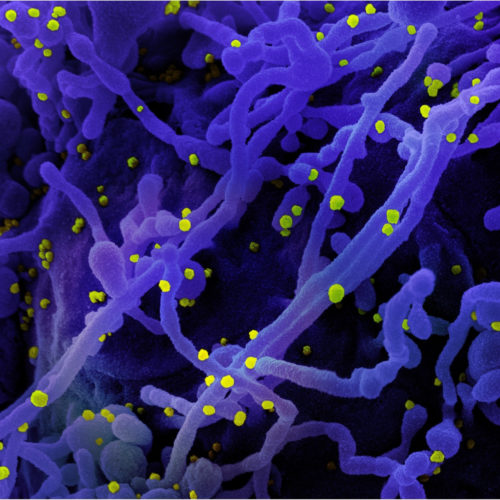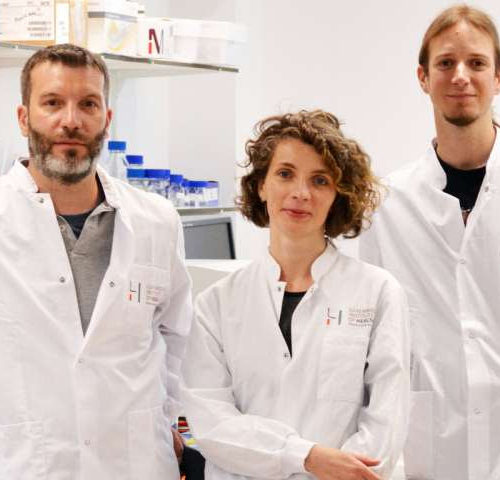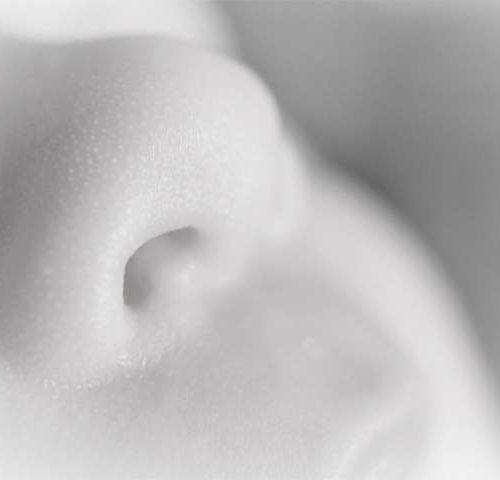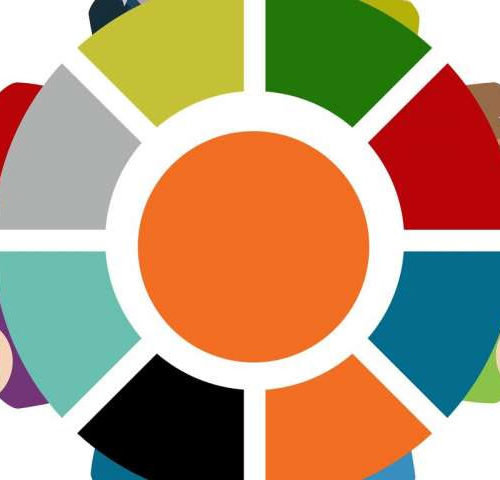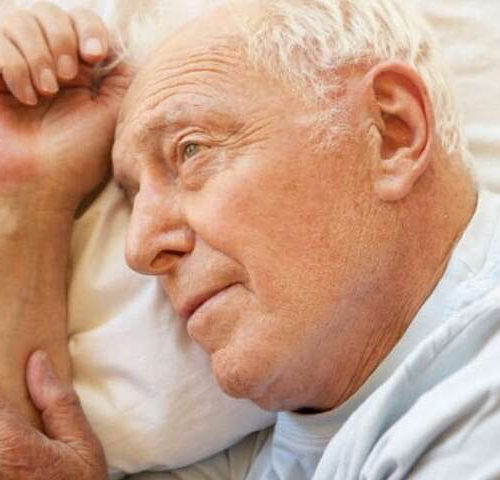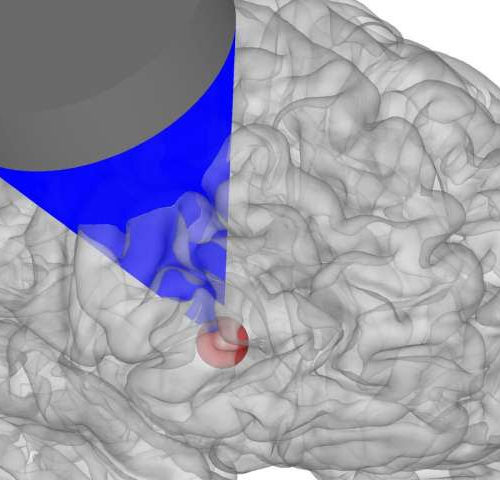By Sally Robertson, B.Sc A study conducted by researchers at Julius-Maximilians-Universität Würzburg has shown that the antidepressant agent fluoxetine may be an effective drug for the early treatment of severe acute respiratory syndrome coronavirus 2 (SARS-CoV-2) among at-risk groups. Jochen Bodem and colleagues found that the selective serotonin reuptake inhibitor (SSRI) fluoxetine significantly inhibited viral...
Tag: <span>Depression</span>
Renewed hope for treatment of pain and depression
by Luxembourg Institute of Health Researchers at the Department of Infection and Immunity of the Luxembourg Institute of Health (LIH) have developed LIH383, a novel molecule that binds to and blocks a previously unknown opioid receptor in the brain, thereby modulating the levels of opioid peptides produced in the central nervous system (CNS) and potentiating...
What to say to someone with depression
It can be difficult to know what to say to someone who is experiencing depression. Statistics show that about 17.3 million adults (7.1% of the population) and 1.9 million children aged 3–17 experience depression each year in the United States. For some people, the symptoms are mild. For others, they are so debilitating that they...
Artificial nose shows potential to treat breathing disorders
by Cliff Peale, Miami University A respiratory simulation device, complete with an artificial nose made from a 3-D printer, is the subject of Miami University’s newest patent and a potential breakthrough in researching, diagnosing and treating breathing disorders. Lei Kerr, professor of chemical, paper and biomedical engineering, is the inventor on the patentalong with co-inventors...
Primary care experts produce guidance for limiting the psychological impacts of coronavirus
by St. George’s University of London New guidance published in the BMJ today during Mental Health Awareness Week has outlined guidance for primary care workers on the best-evidenced methods to mitigate the psychological effects of social distancing. Recommended interventions include remote consultations and social prescribing, such as online exercise and dance classes. The new guidance,...
Biomarkers may help us understand recovery time after concussion
by American Academy of Neurology A blood test may help researchers understand which people may take years to recover from concussion, according to a study published in the May 27, 2020 online issue of Neurology, the medical journal of the American Academy of Neurology. The study looked at a biomarker called neurofilament light chain, a...
Insomnia may forecast depression, thinking problems in older people
For the study, the investigators analyzed data on nearly 600 people over age 60 who visited primary care centers in New York City, Philadelphia and Pittsburgh. All had some level of depression. Compared to patients whose sleep improved, those with worsening sleep problems were about 28 times more likely to be diagnosed with major depression...
Researchers to study the effectiveness of an intervention for helping isolated older people during COVID-19
by Alistair Keely, University of York Researchers are to trial an intervention aimed at preventing and mitigating the onset of depression and loneliness among the most vulnerable in society as a result of the COVID-19 lockdown. Enforced isolation, whether this is due to shielding or self-isolation, causes disruption to daily routines, loss of social contact...
Researchers discover ultrasonic waves may provide new treatments for brain disorders
by University of Utah When things get rough, many Americans turn to prescription pills. About one in eight over the age of 12 take antidepressants for mental disorders such as depression and anxiety, and a quarter of those have done so for 10 years or more, according to a 2017 study by the National Center...
From Depression to Dementia, Inflammation Is Medicine’s New Frontier
he barrier between mind and body appears to be crumbling. Clinical practice and public perception need to catch up. The GuardianEdward Bullmore Unlikely as it may seem, #inflammation has become a hashtag. It seems to be everywhere suddenly, up to all sorts of tricks. Rather than simply being on our side, fighting infections and healing...

